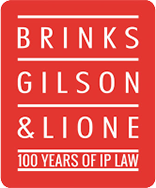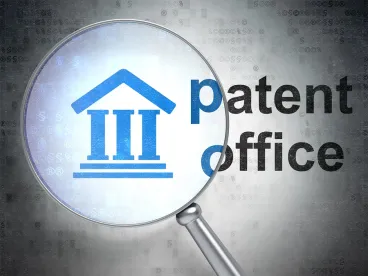Several congressional representatives have taken interest in an array of court decisions finding patent ineligibility across the innovative spectrum. Congress is now addressing patent eligibility issues facing life science and software innovations, among others. Congressional members reassembled the Senate Judiciary Committee’s Subcommittee on Intellectual Property earlier this year after having been dissolved in 2007, and released a bipartisan, bicameral framework for addressing uncertainty introduced from Supreme Court decisions. On May 22, 2019, Congressional members released a draft proposal to revise 35 U.S.C. § 101. These developments signal enthusiasm and momentum to revise the patent eligibility statute.
The Patent Act of 1952 set forth patentable subject matter that is now codified in 35 U.S.C. § 101. Beginning in 2010, the Supreme Court began reshaping patentable subject matter in Bilski v. Kappos (2010) and continued with Mayo v. Prometheus (2012), Association for Molecular Pathology (AMP) v. Myriad (2013), and Alice v. CLS Bank (2014). The Supreme Court introduced a two-part test to replace the “machine-or-transformation” test used by the Federal Circuit for almost 40 years. These decisions created uncertainty surrounding eligible subject matter on both issued patents, pending patent applications, and prospective invention filings. Congress now seems poised to reverse those changes with revisions to those statutory provisions the courts have used to invalidate patents on eligibility grounds.
The May 22, 2019 draft proposal includes the prospect of abrogating all decisions establishing or interpreting the judicially created exceptions of “abstract ideas,” “laws of nature,” or “natural phenomena.” Furthermore, the proposal states that “[e]ligibility under this section shall be determined only while considering the claimed invention as a whole, without discounting or disregarding any claim limitation.” These proposed changes are in keeping with the bipartisan, bicameral framework released in April of 2019.
Regular hearings will be held in an effort to gather information outlined in the framework and relating to draft proposals to revise 35 U.S.C. § 101. The framework includes proposals to keep the existing statutory categories and to restrict statutory exceptions to:
-
Fundamental scientific principles;
-
Products that exist solely and exclusively in nature;
-
Pure mathematical formulas;
-
Economic or commercial principles; and
-
Mental activities
The framework also proposes to create a practical application test so that ineligible subject matter is construed narrowly.
Those innovating in the life science, electrical and software industries should consider reviewing the framework and submitting comments to the Subcommittee on Intellectual Property. The Chairman, Senator Thom Tillis, encourages stakeholders to submit comments to the email address IntellectualProperty@tillis.senate.gov.
To view the framework, click HERE.
To view a draft proposal to reform Section 101 of the Patent Act, click HERE.
To view past hearings or see upcoming hearings click, HERE





 />i
/>i
